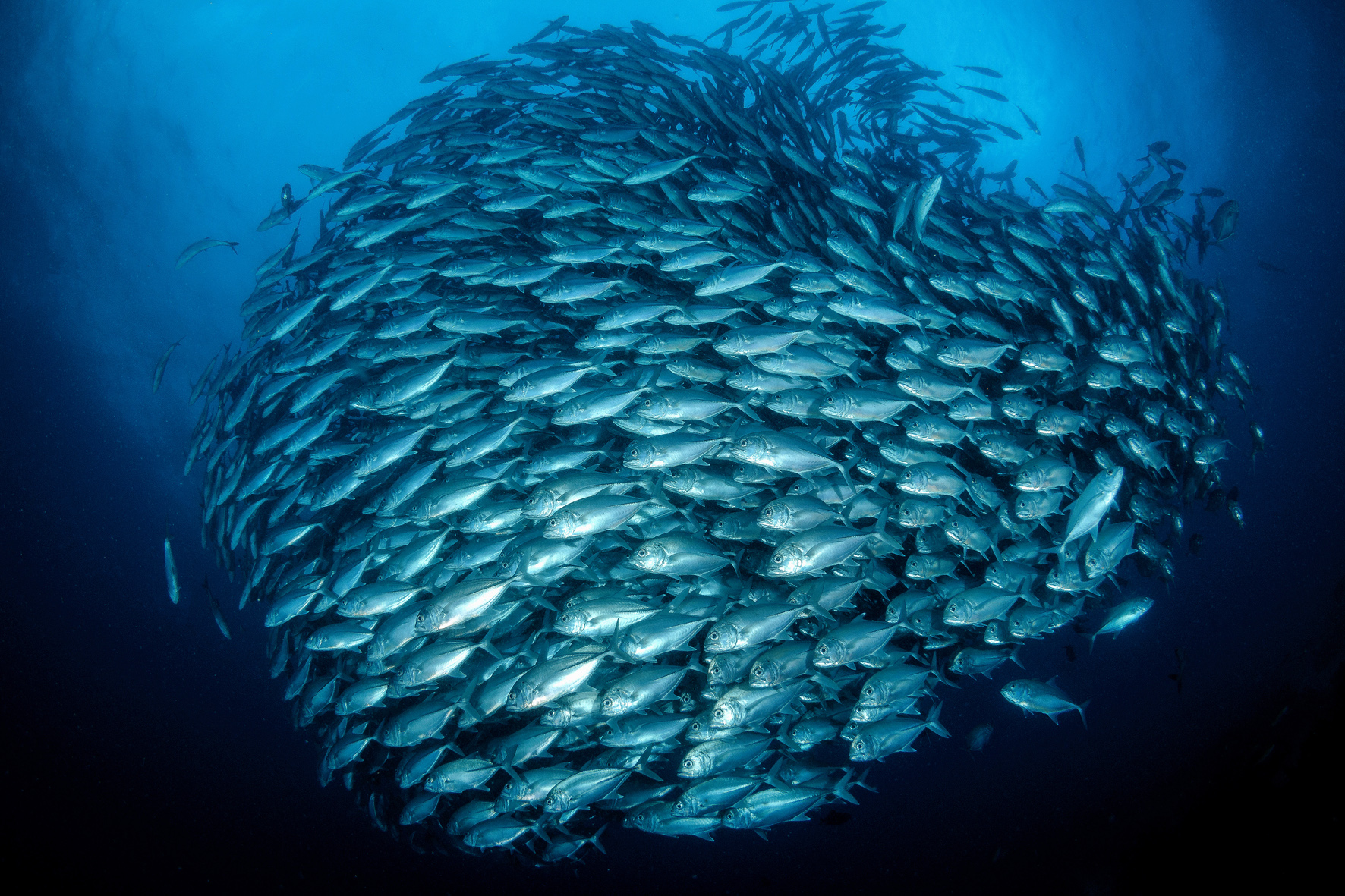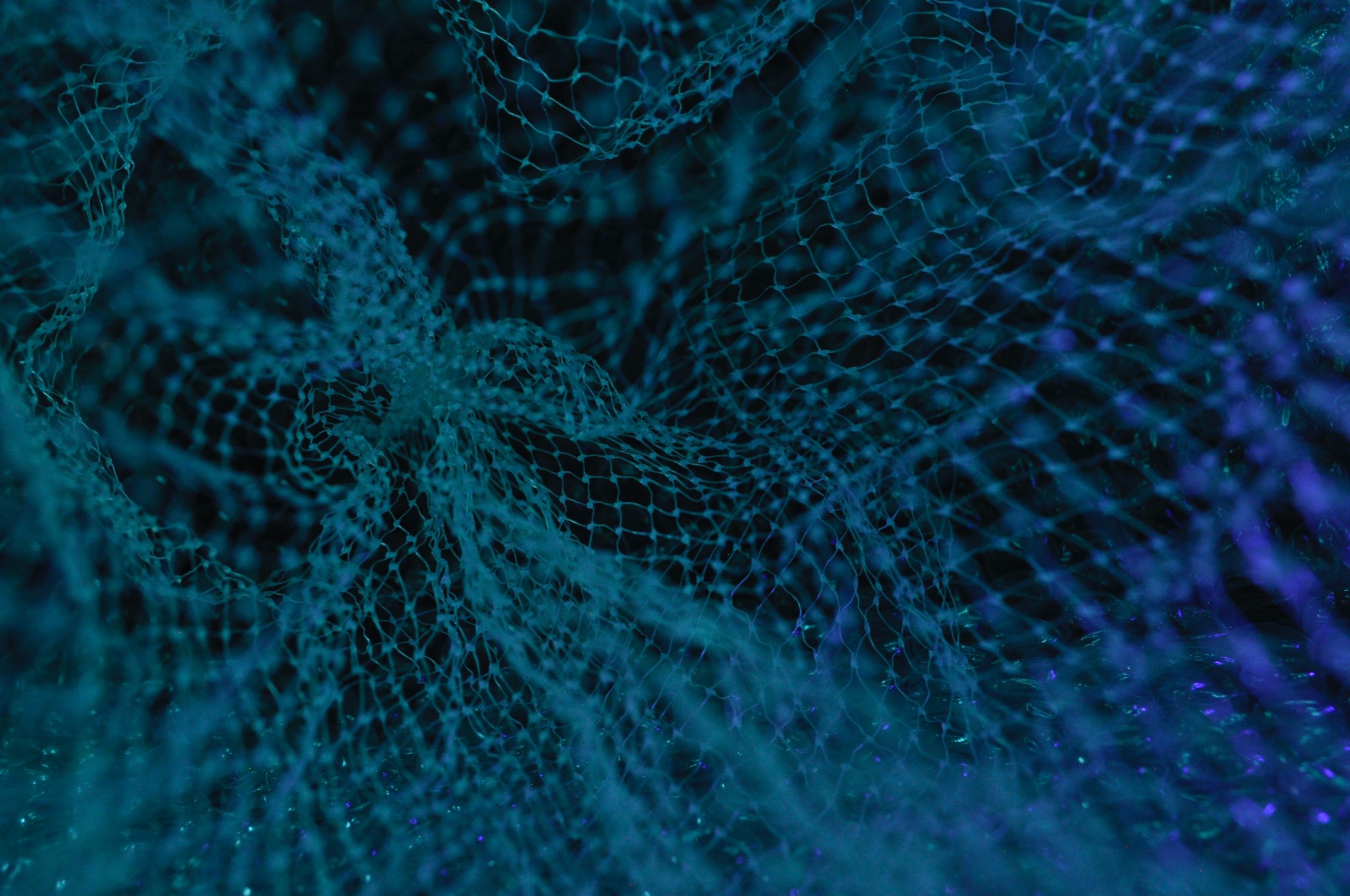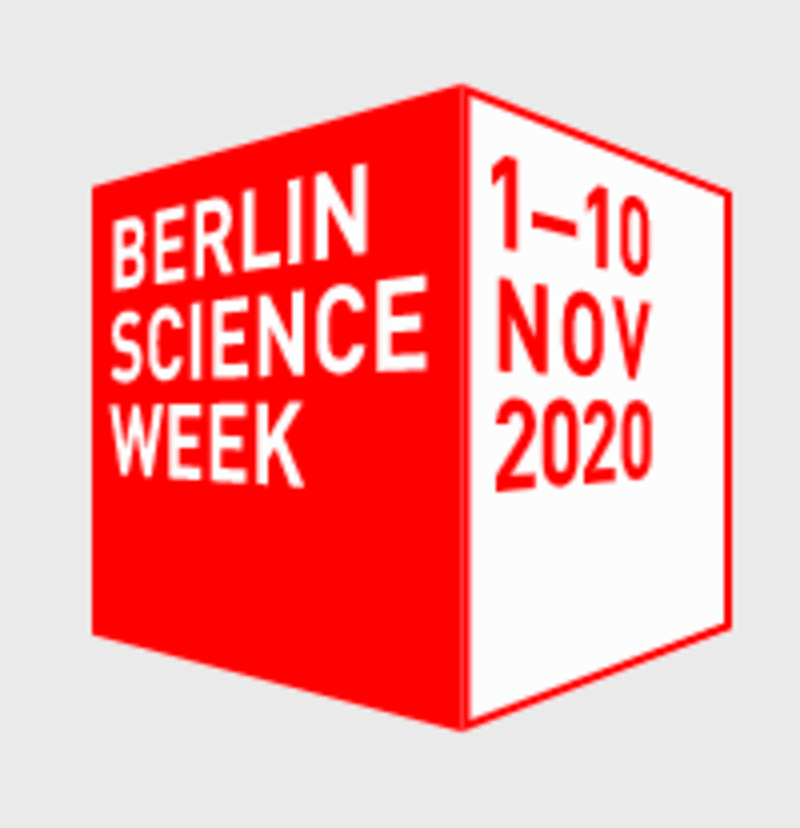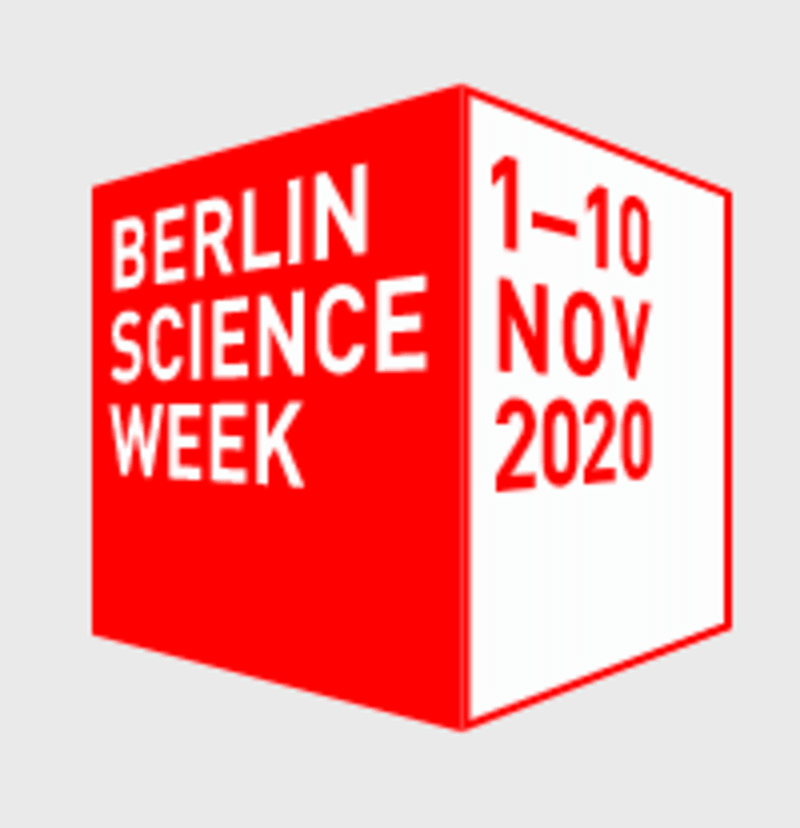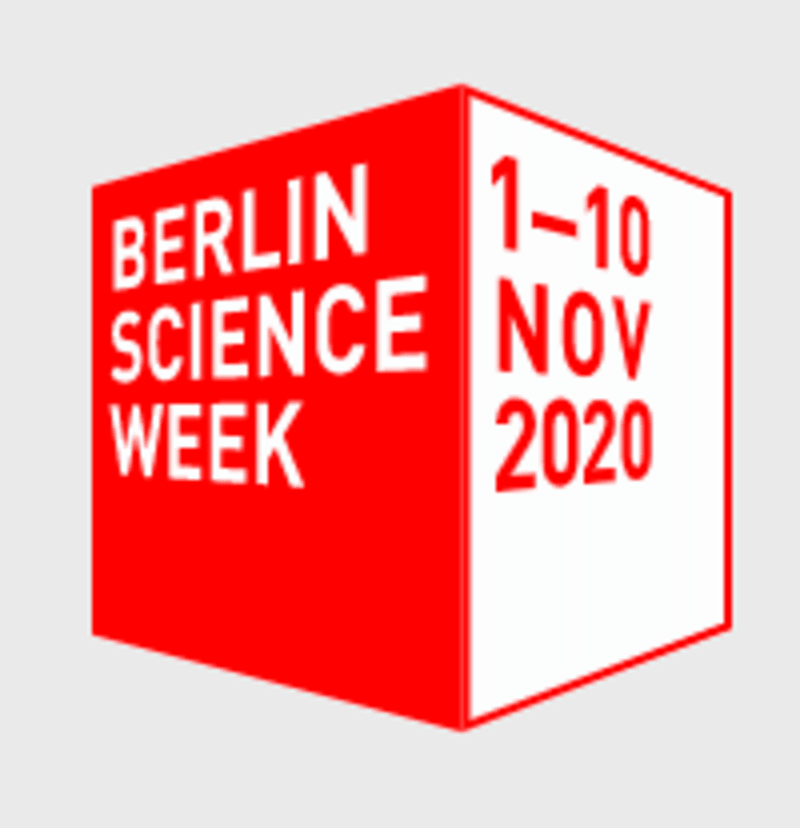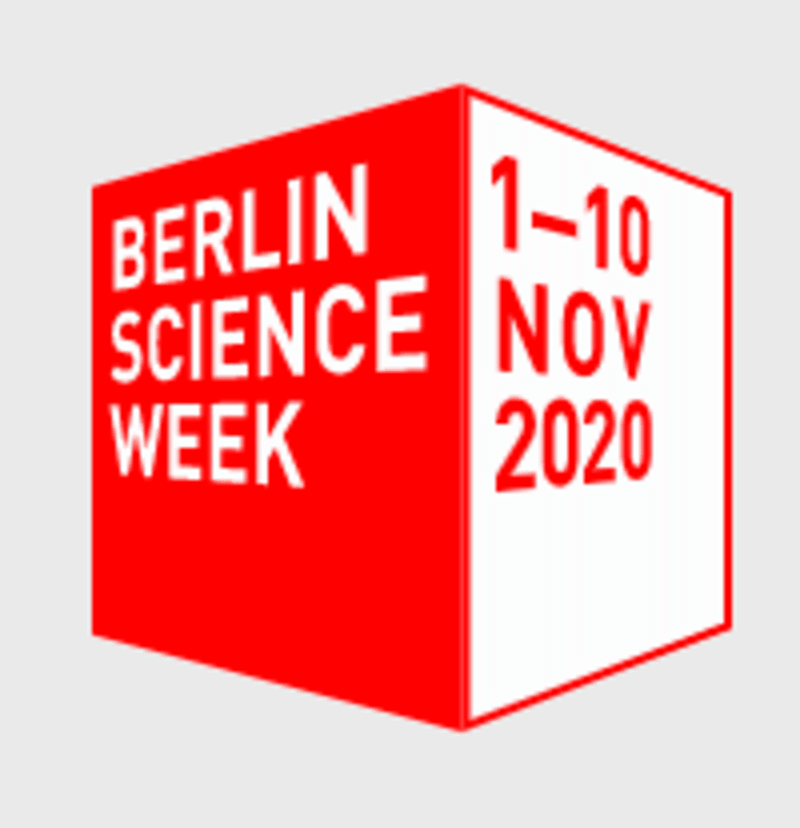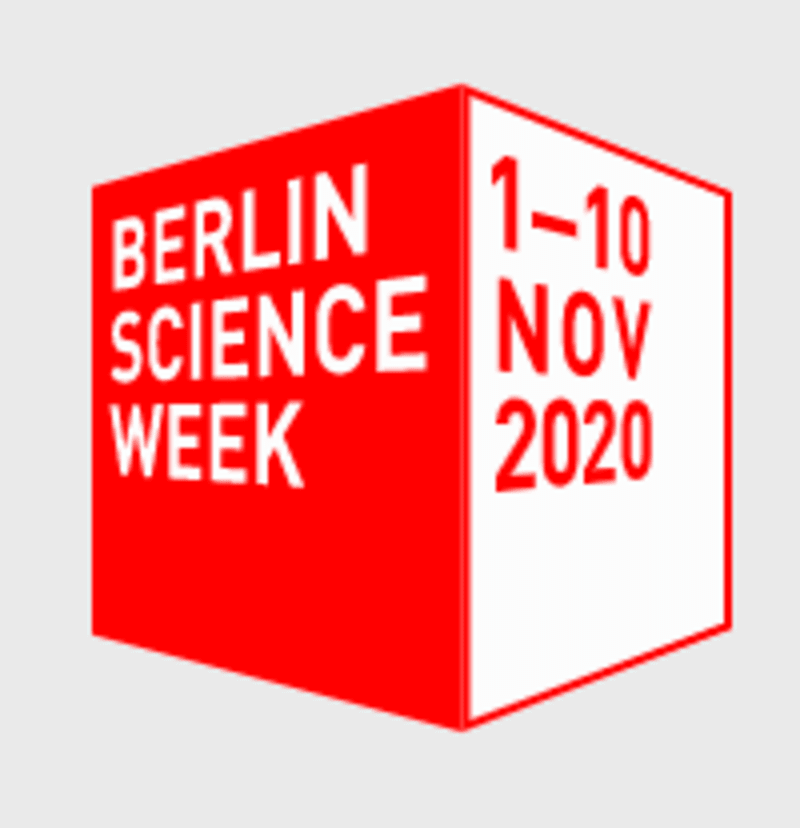Guy Theraulaz, (CNRS, Toulouse, France. Host: Pawel Romanczuk): Ethological analysis and computational modeling of social interactions in schooling fish
Abstract: Swarms of insects, schools of fish and flocks of birds display an impressive variety of collective movement patterns that emerge from interactions among group members. These puzzling phenomena raise a variety of questions about the interaction rules that govern the coordination of individuals’ motion and the emergence of large-scale patterns. While numerous models have
